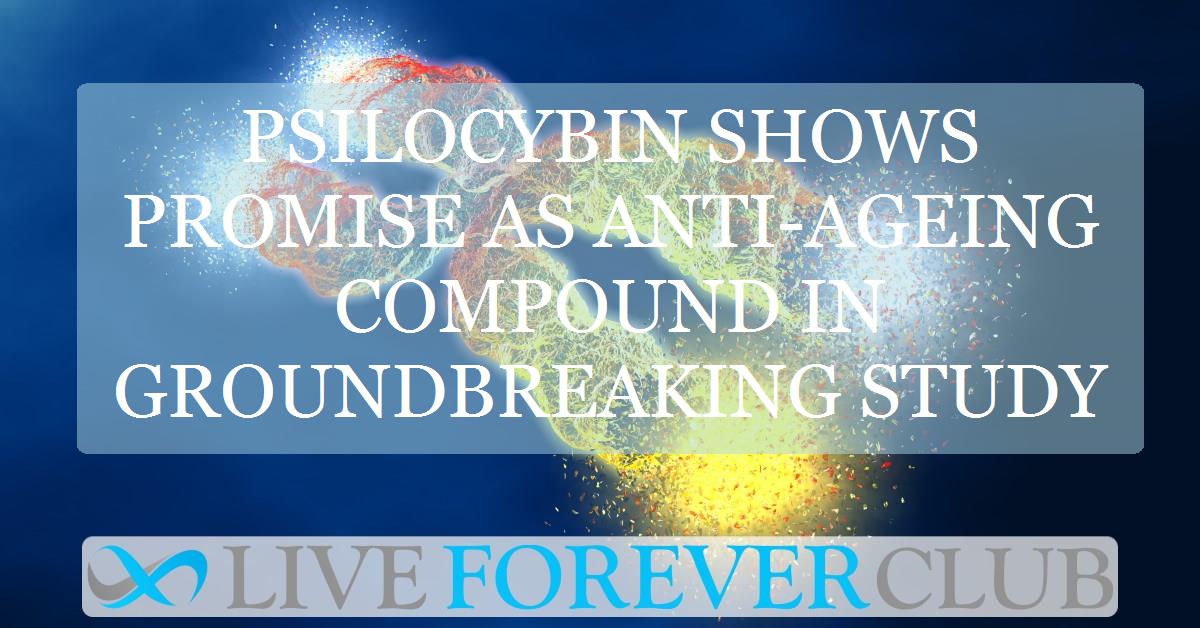Key points from article :
A new study led by Dr. Kosuke Kato, assistant professor of pulmonary medicine at Baylor University, suggests that psilocybin—the active compound in so-called “magic mushrooms”—could have surprising anti-aging effects. Previously known for its hallucinogenic and mental health benefits, psilocybin may also slow cellular aging by protecting telomeres, the DNA structures at the ends of chromosomes that naturally degrade over time and contribute to aging and cell death.
The research, published in NPJ Aging, tested psilocin (the metabolized form of psilocybin) on human lung and skin cells in the lab. Treated cells lived longer, multiplied more efficiently, and showed less DNA damage and oxidative stress. Scientists observed higher levels of beneficial genes like SIRT1, which help regulate metabolism and cell aging, and lower levels of damage-related genes. These effects supported the “psilocybin-telomere hypothesis,” which proposes that psilocybin might preserve telomere length and therefore slow aging.
Kato’s team extended their experiments to living organisms, treating older mice with monthly doses of psilocybin over ten months. Remarkably, the treated mice had an 80% higher survival rate compared to controls and even showed physical signs of youth, such as better fur quality and reduced graying. Although the mice briefly experienced psychedelic effects after each treatment, the long-term benefits were striking.
The study raises the possibility that psilocybin could one day play a role in slowing down not just aging, but also diseases like cancer that are linked to cellular degeneration. While much more research is needed—particularly in humans—these findings open new doors to exploring psychedelics as tools not only for mental health but also for longevity.






